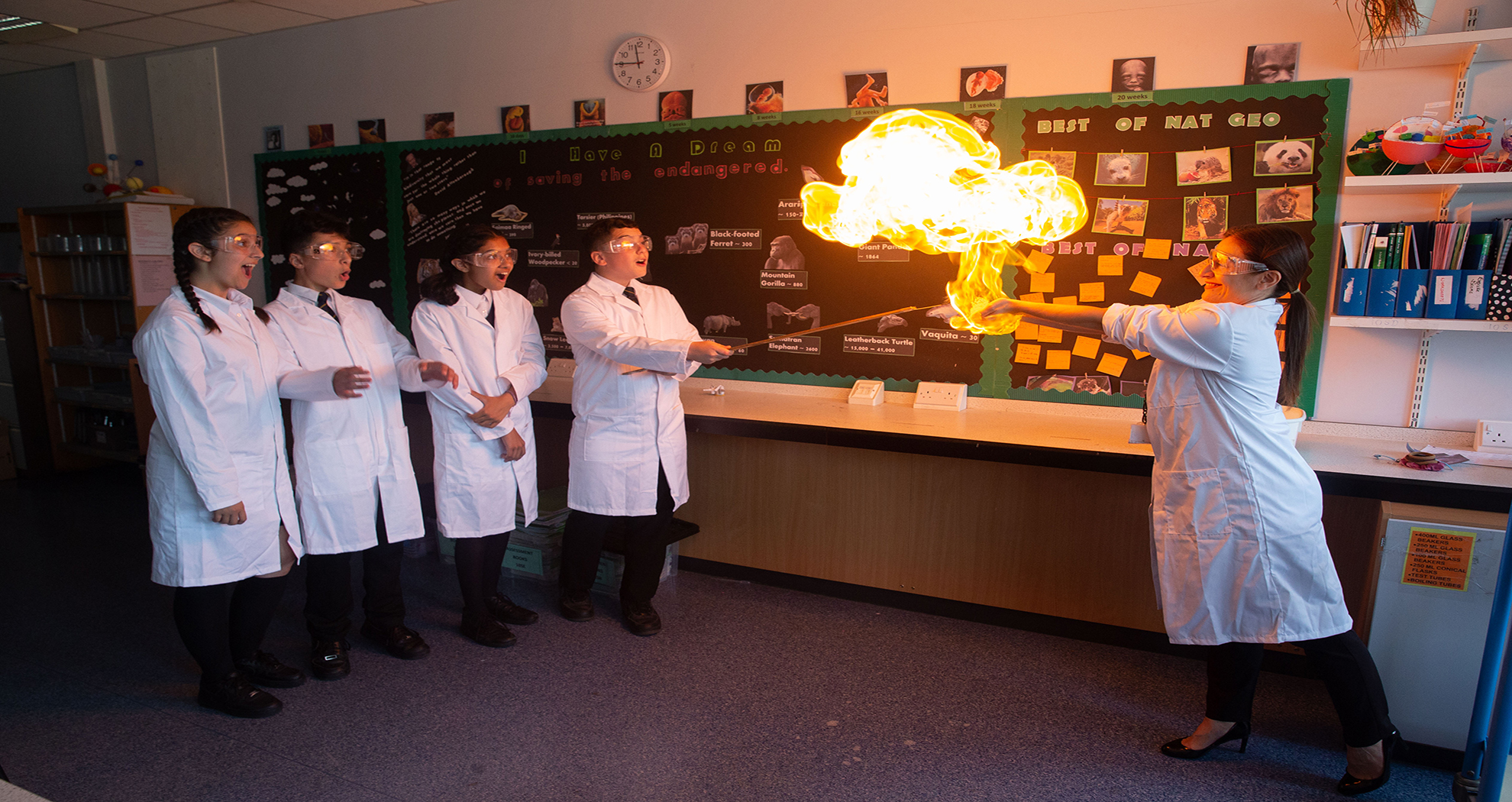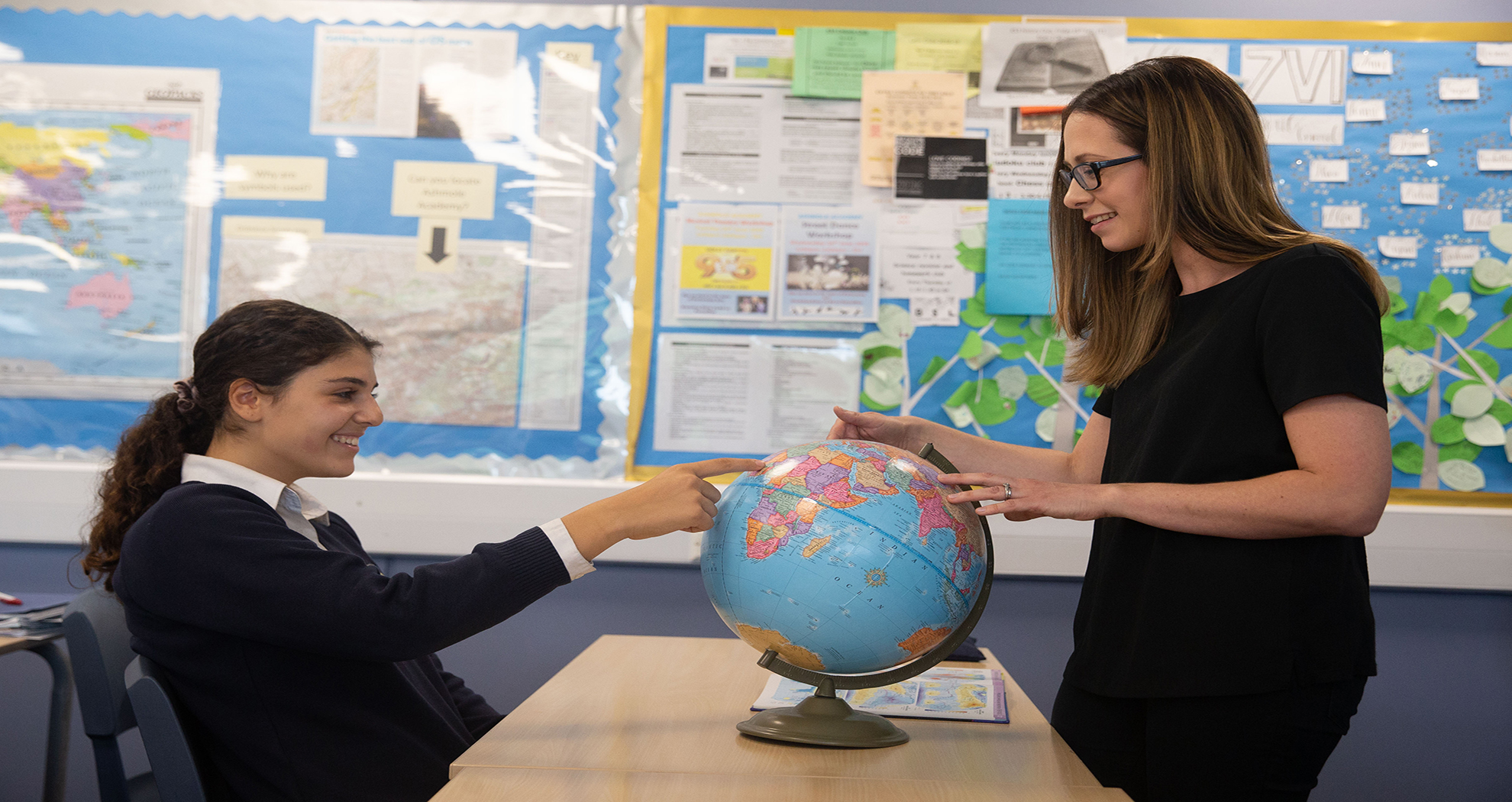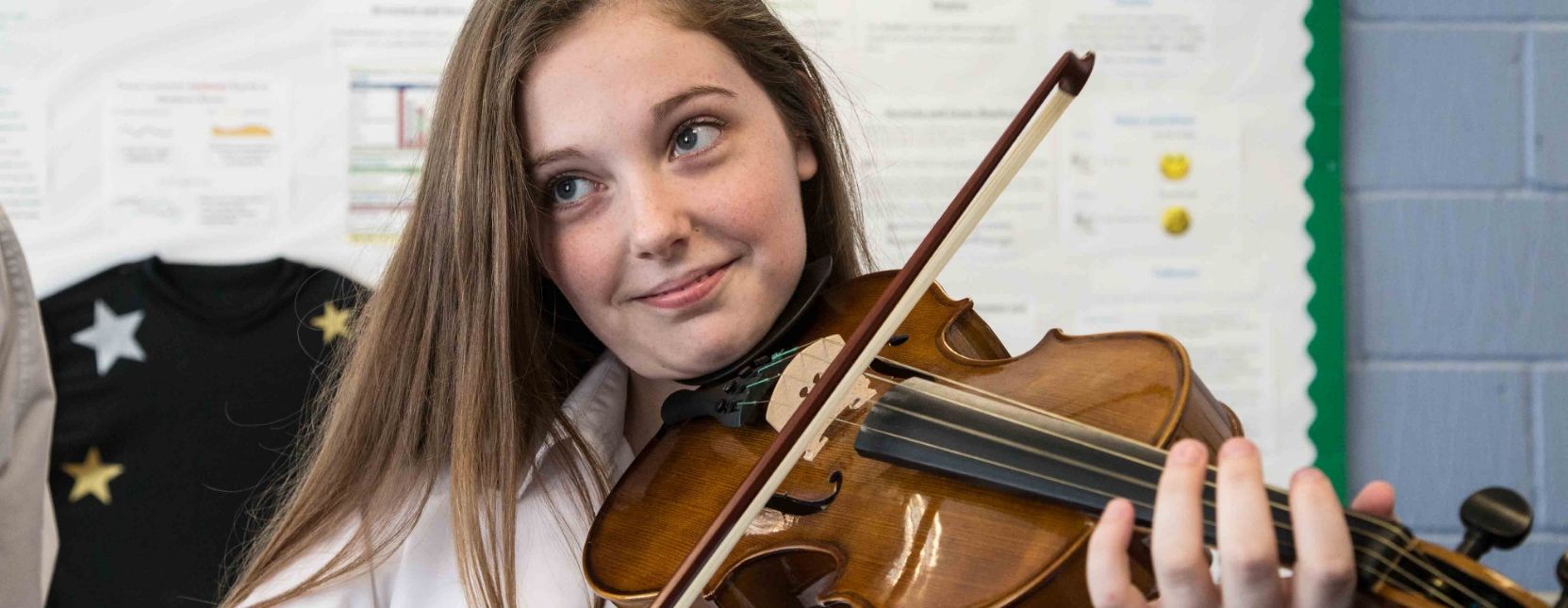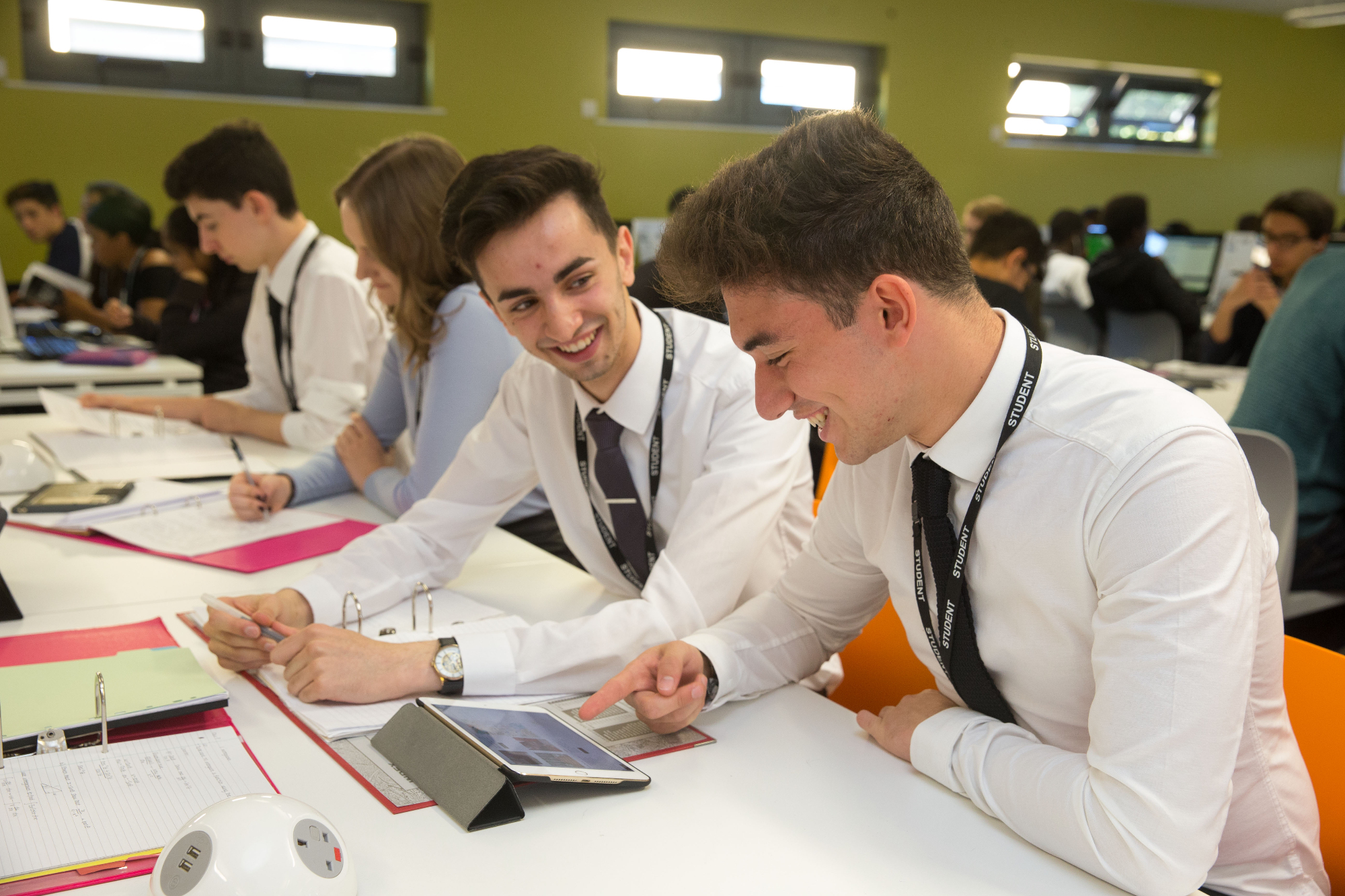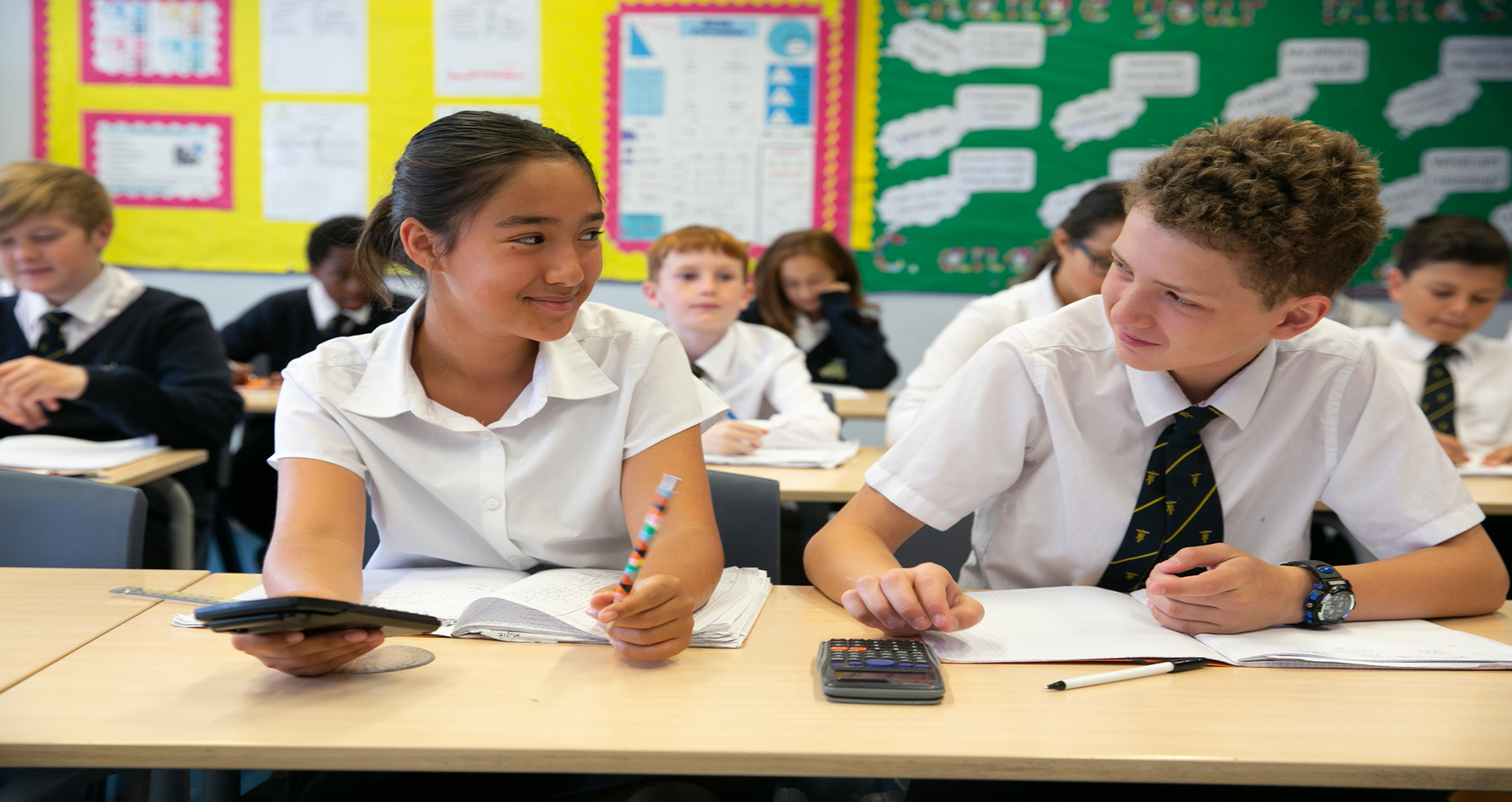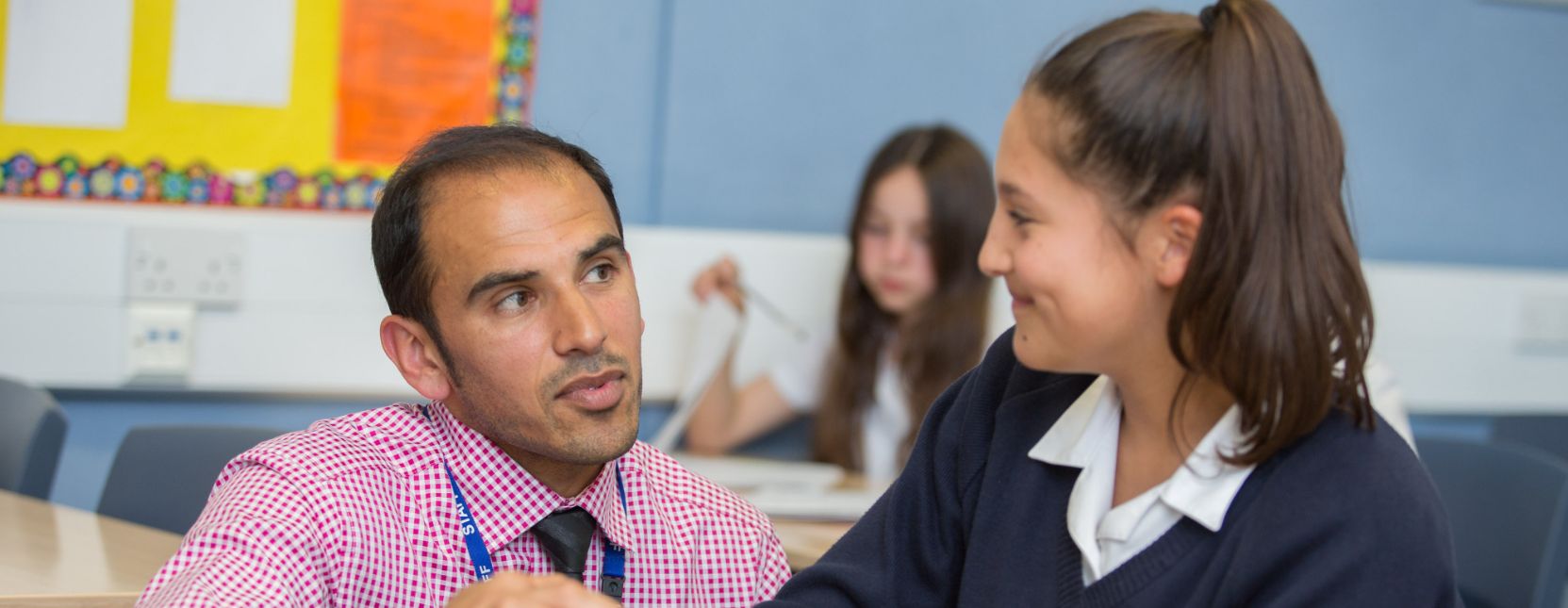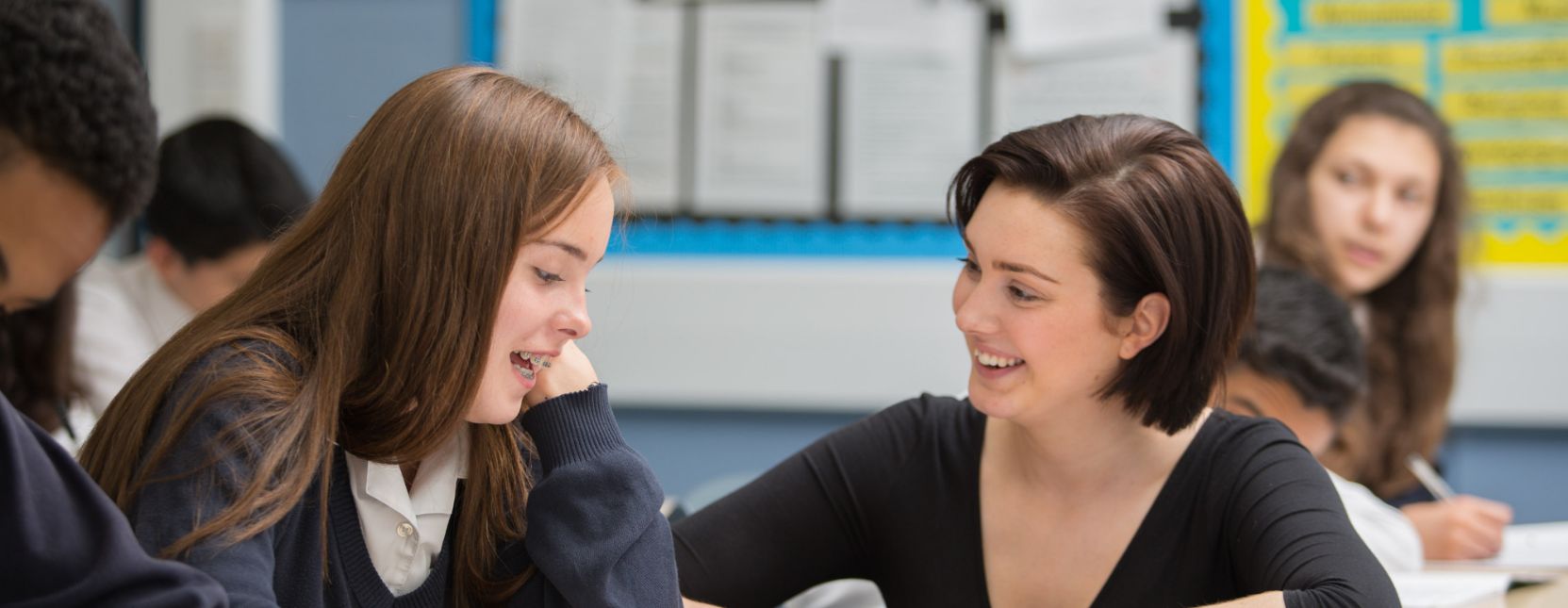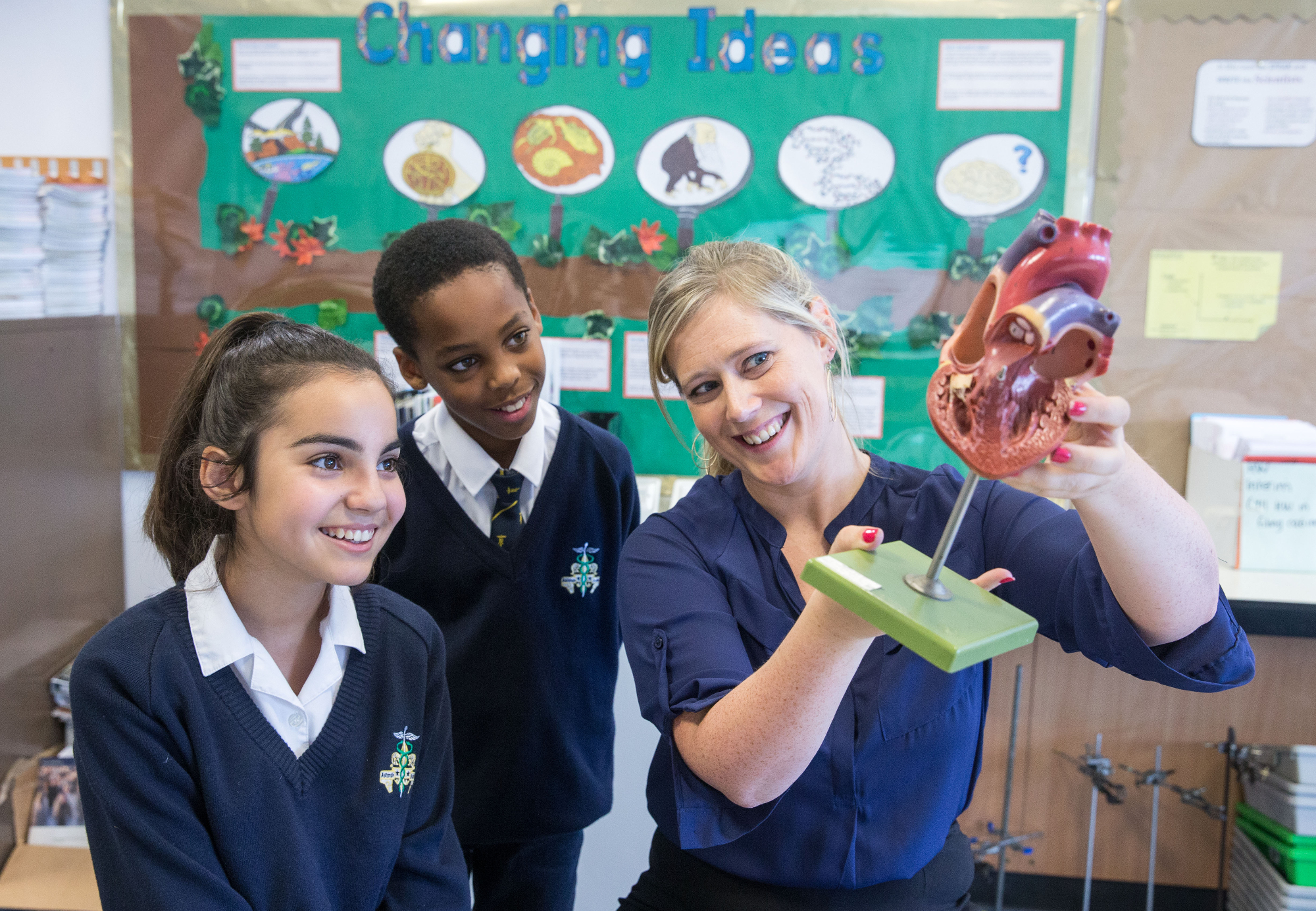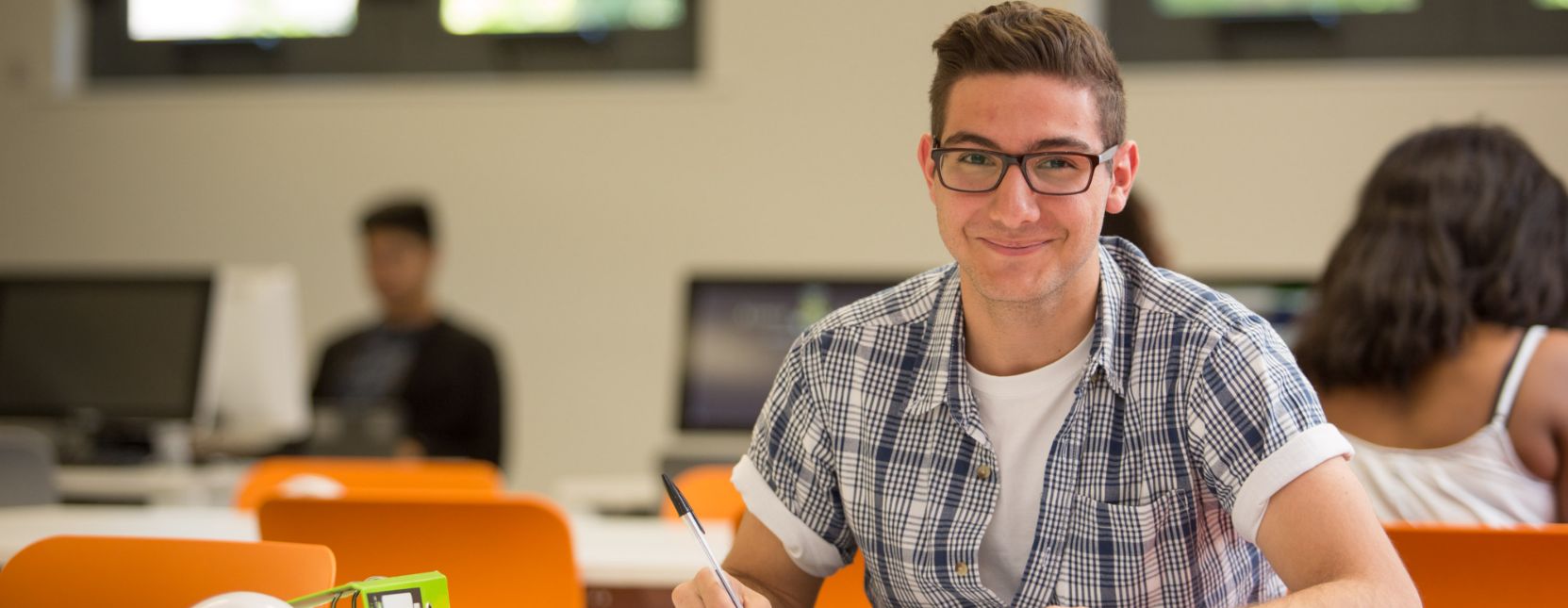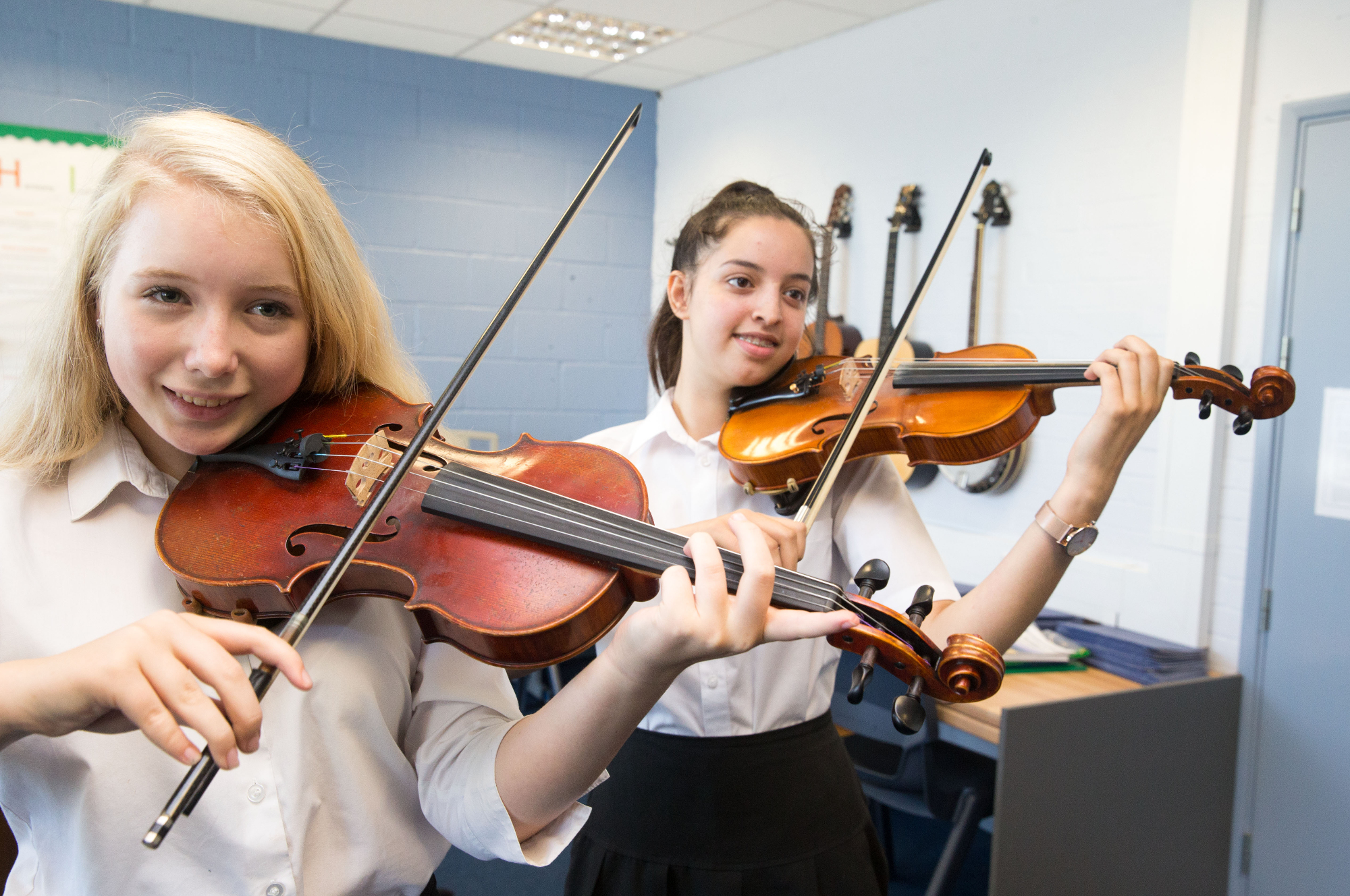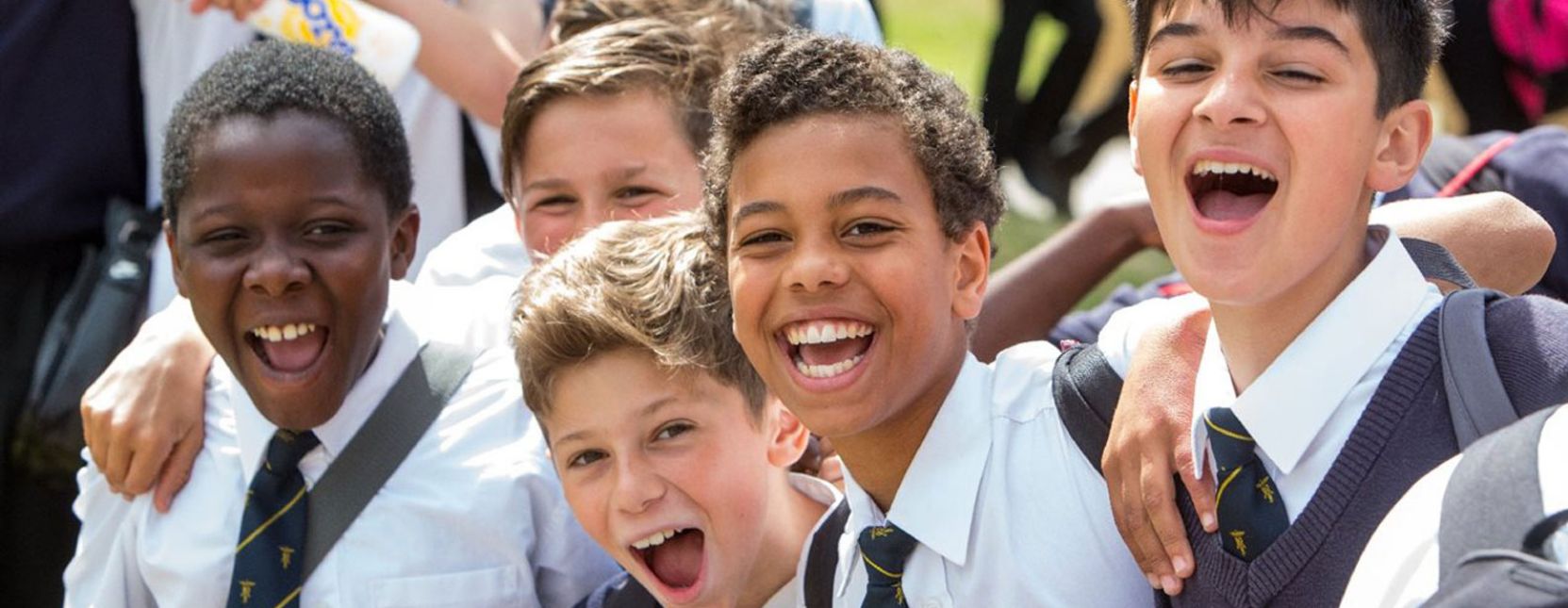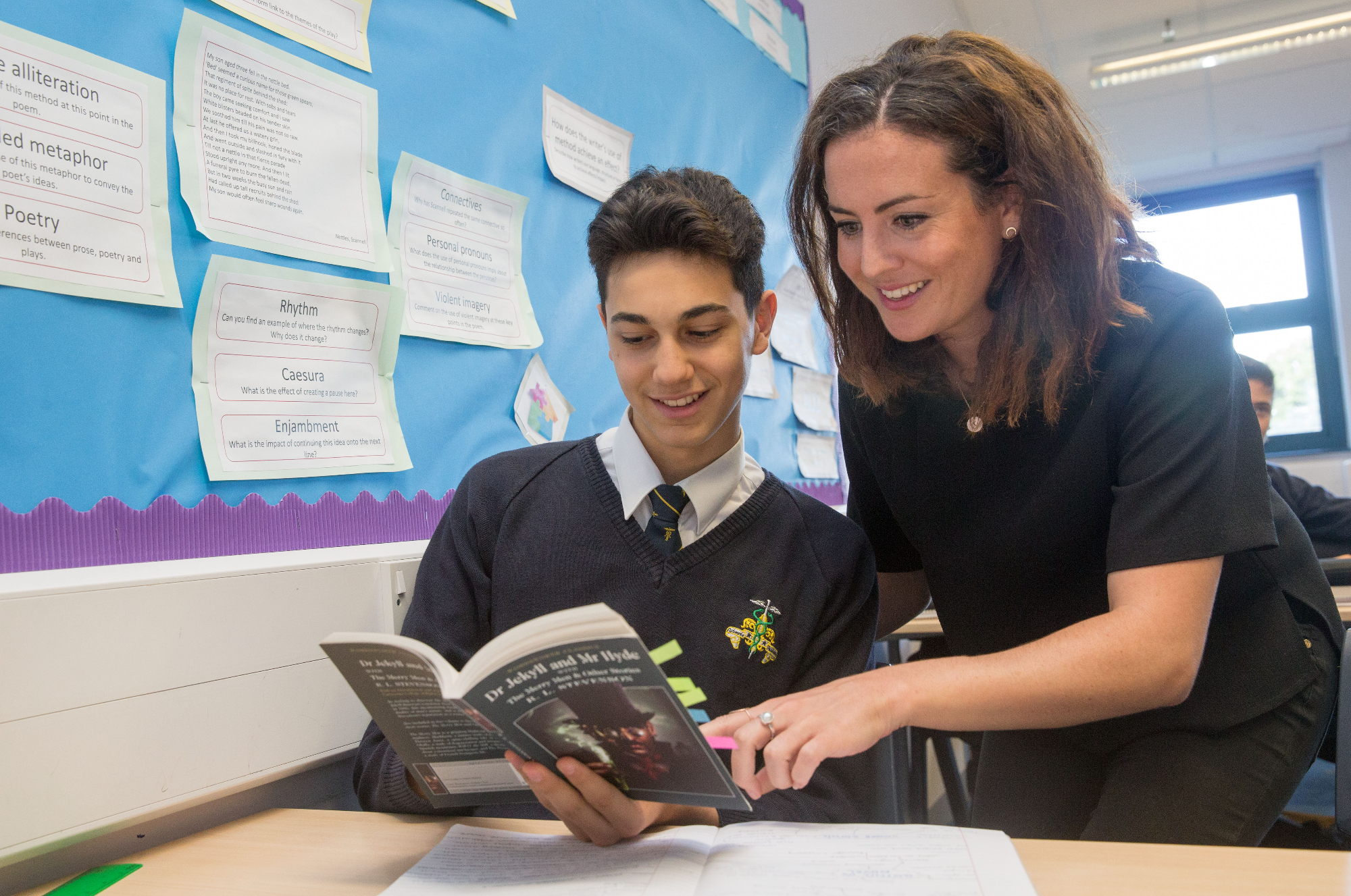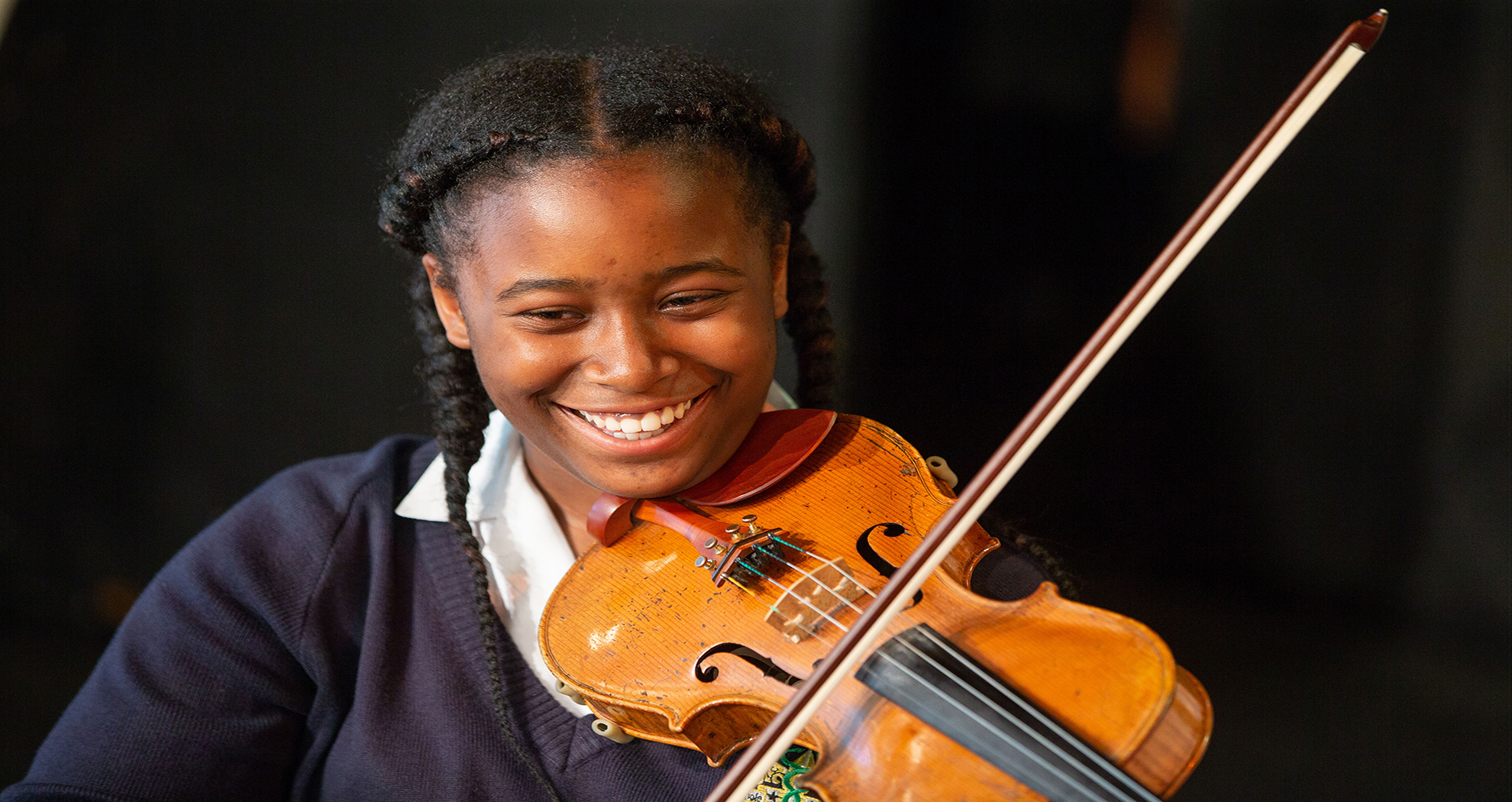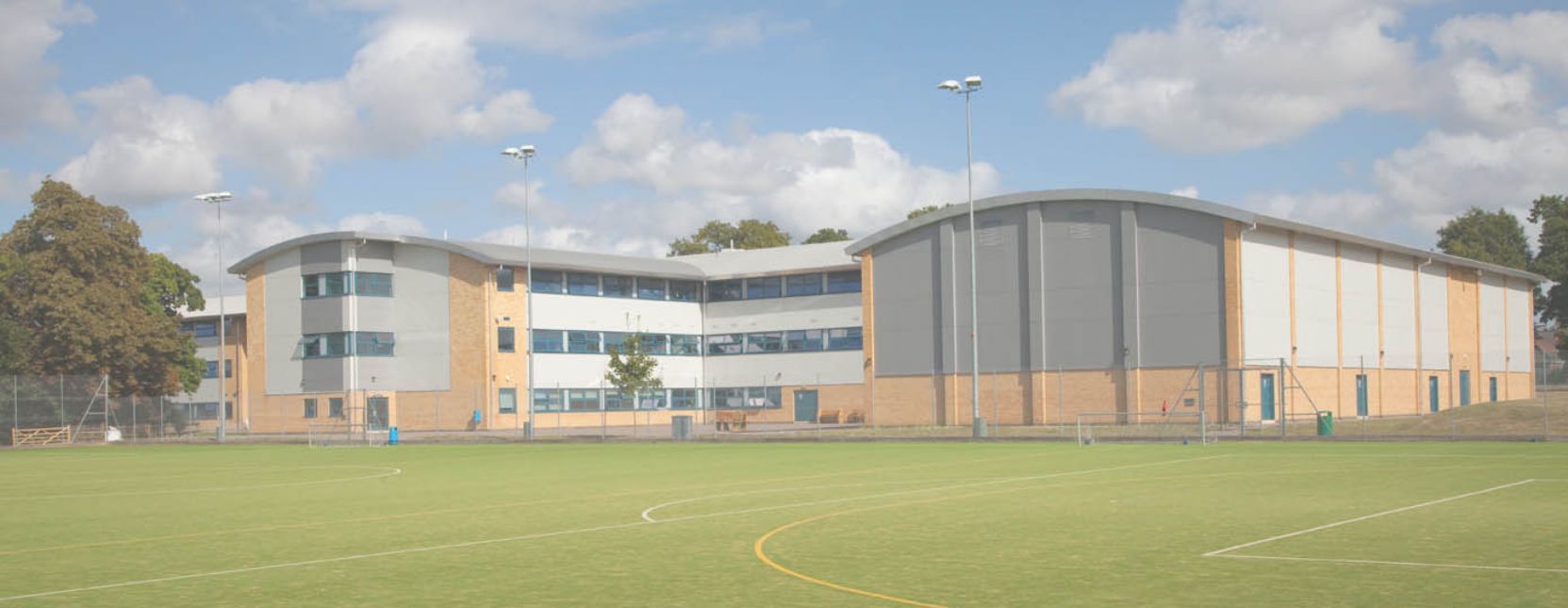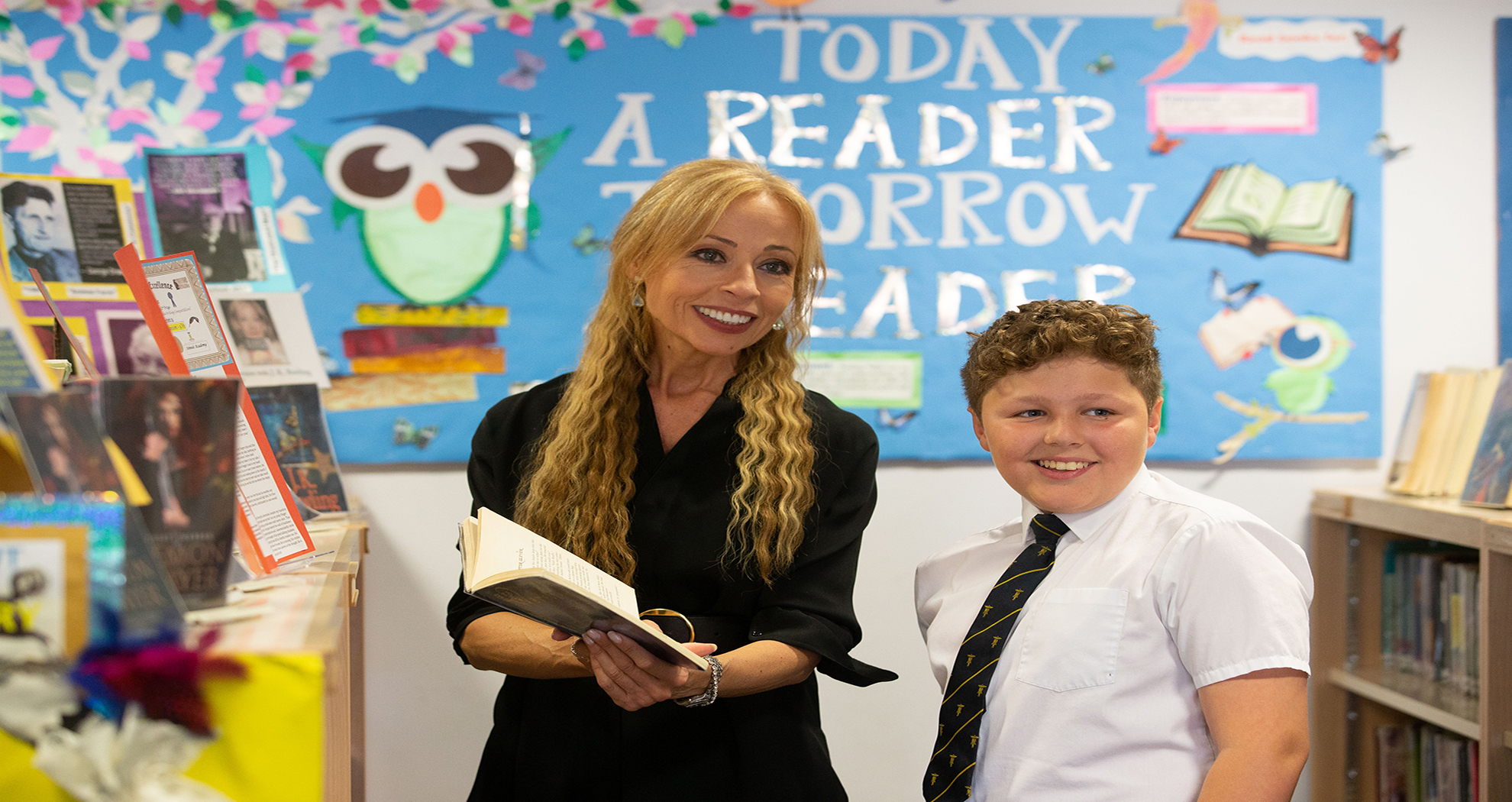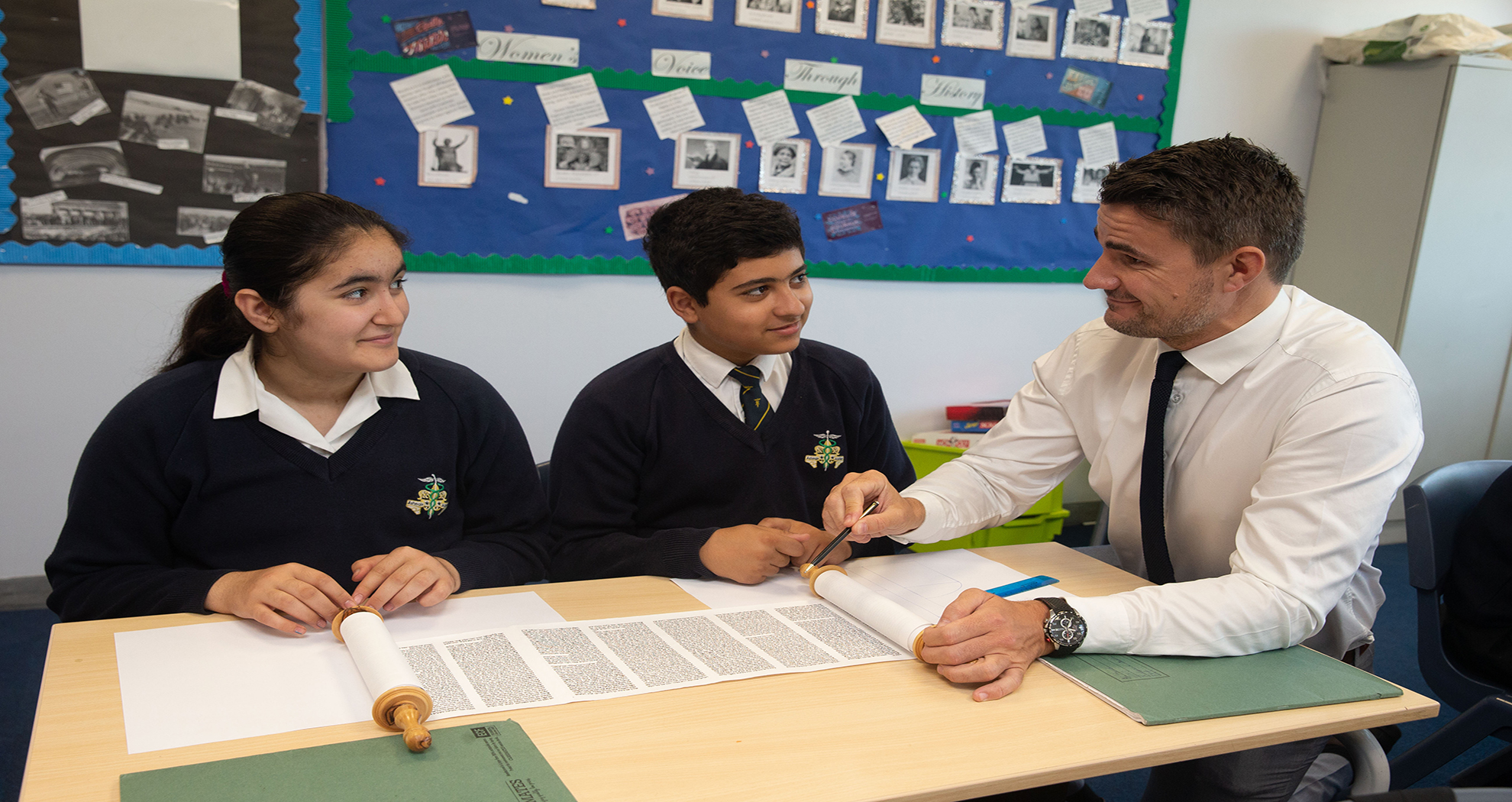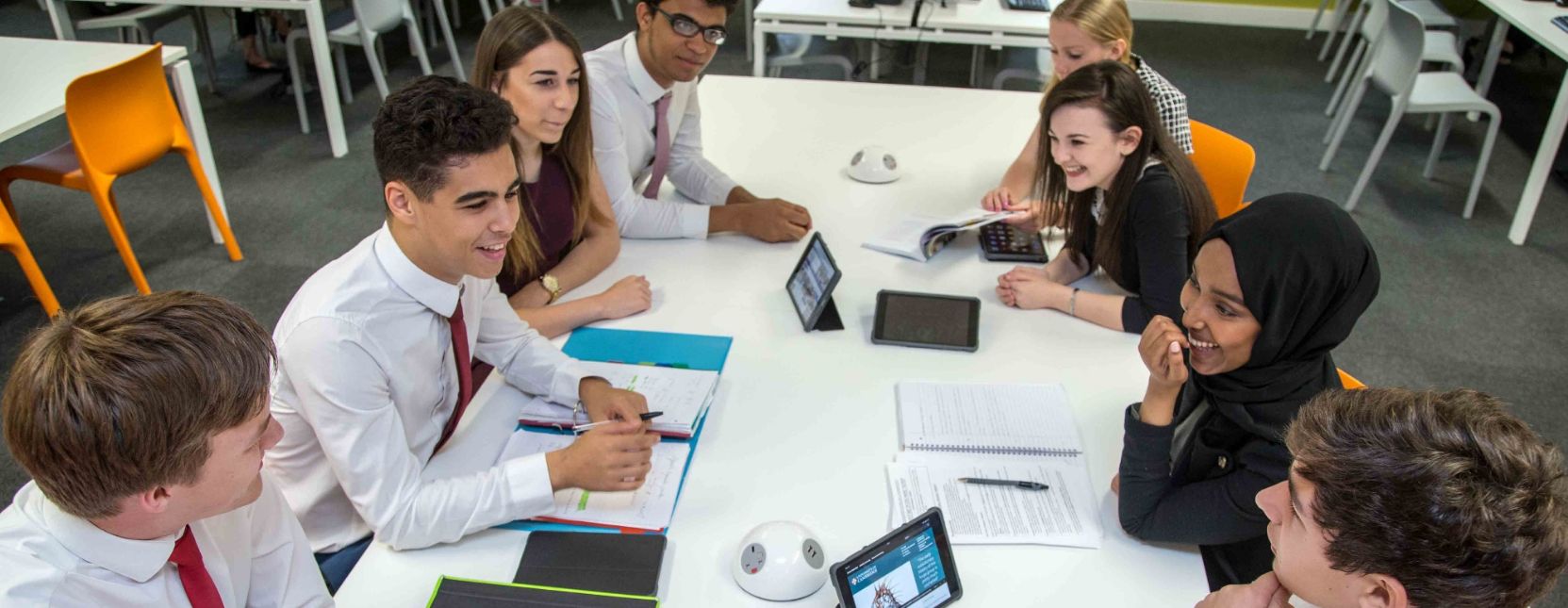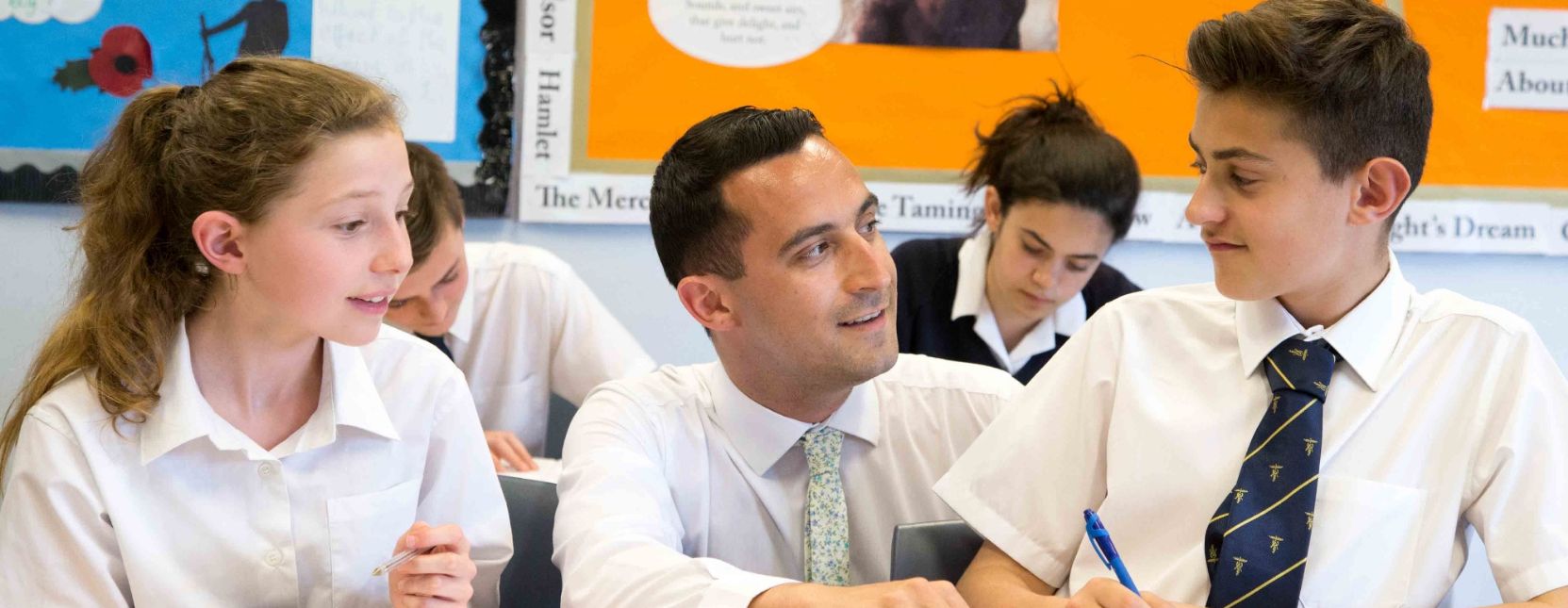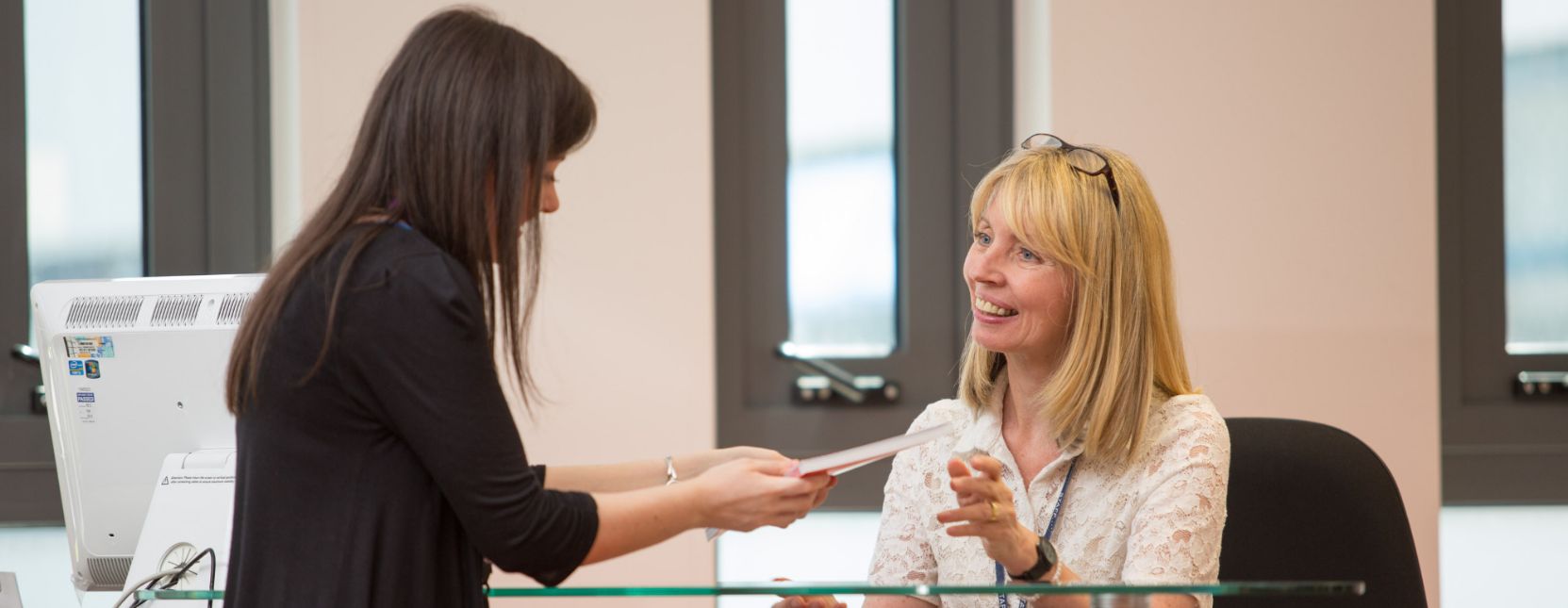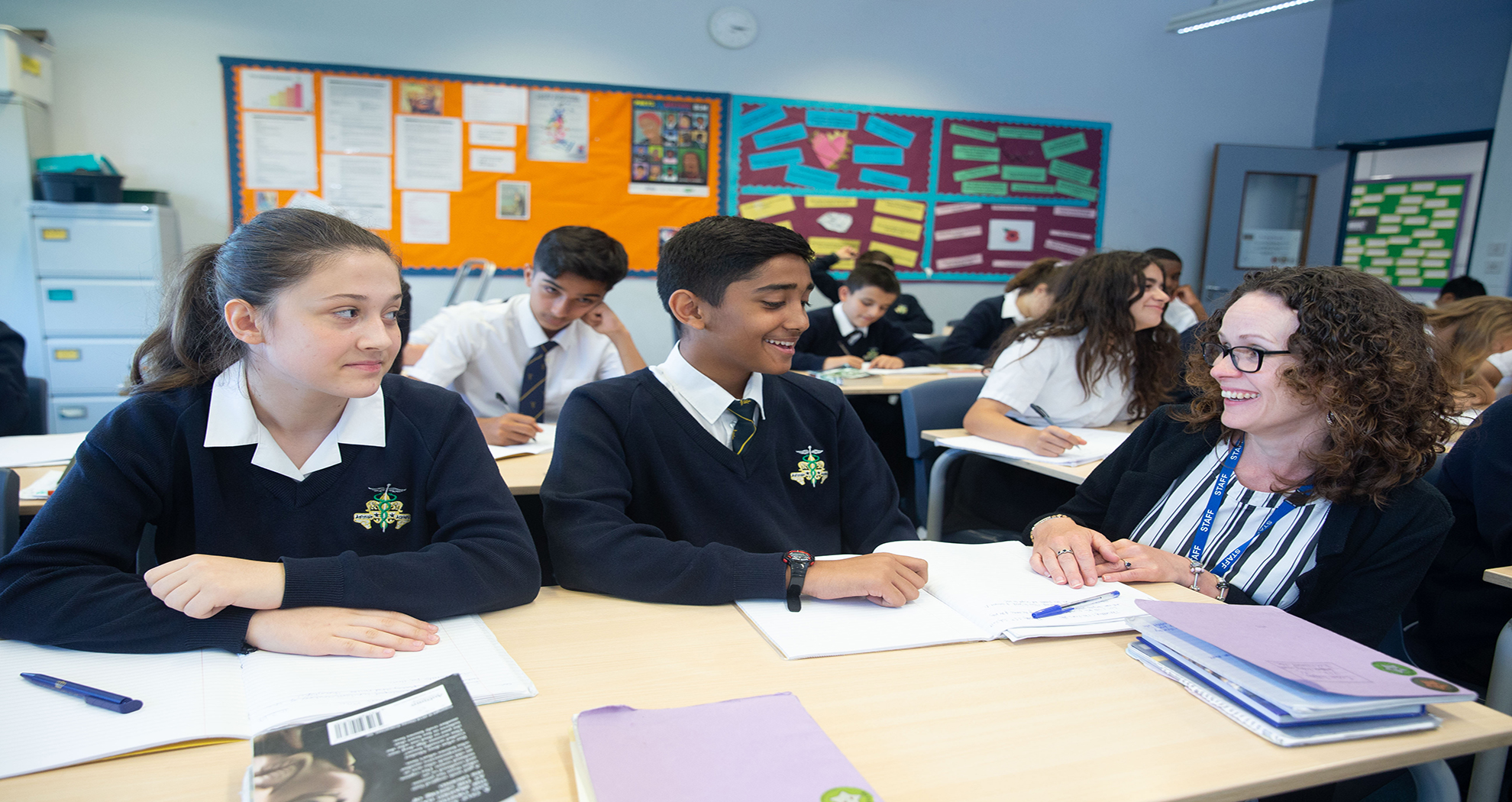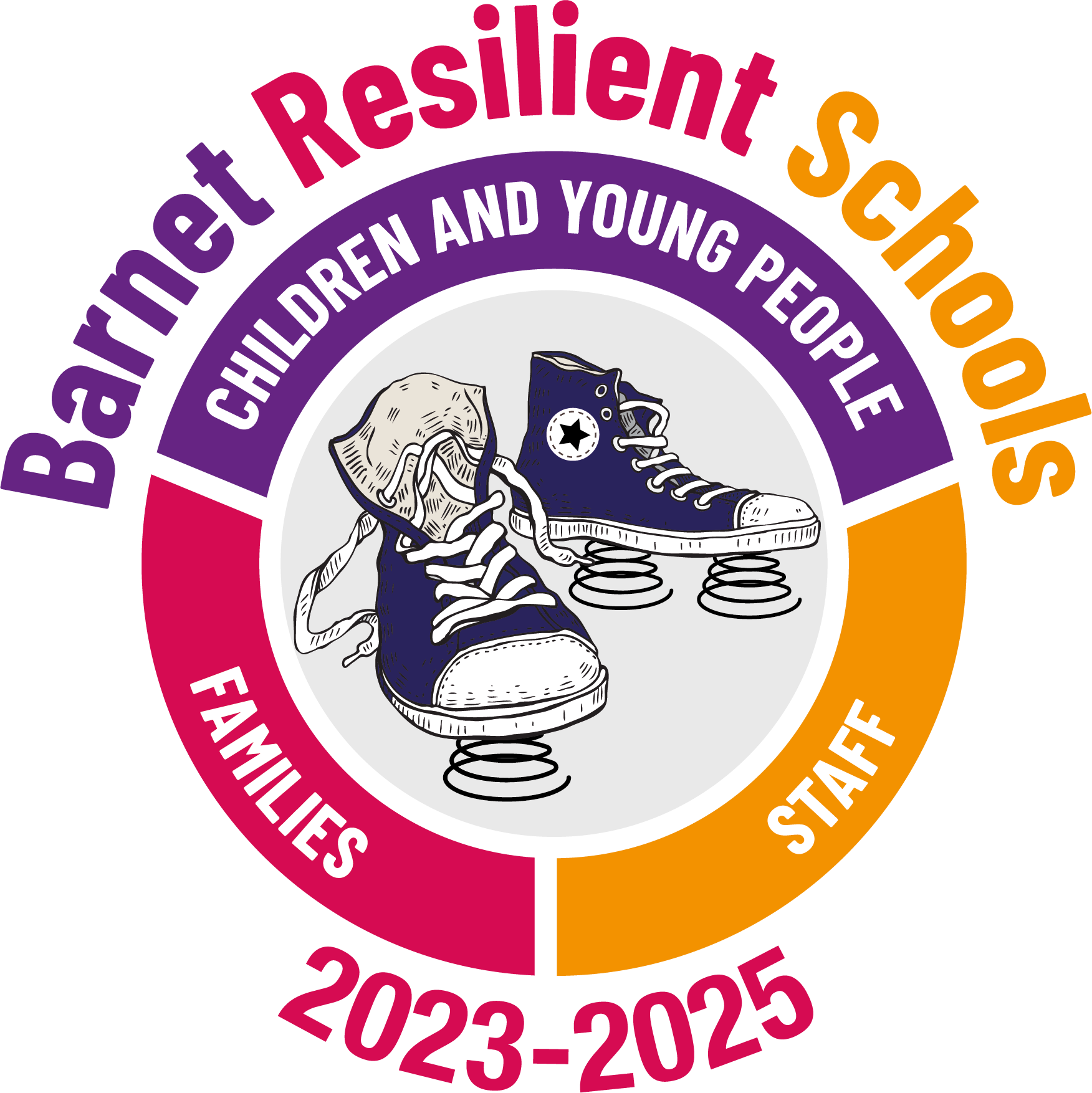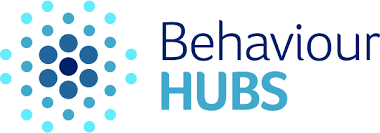Religious Studies
Curriculum
Students study Religious Studies twice a fortnight through Key Stage 3. At Key Stage 4 and 5, students continue to study Religious Studies with some choosing it as a GCSE or A Level option (specified below).
The Religious Studies Curriculum at Ashmole Academy is underpinned by five subject specific curriculum pillars:
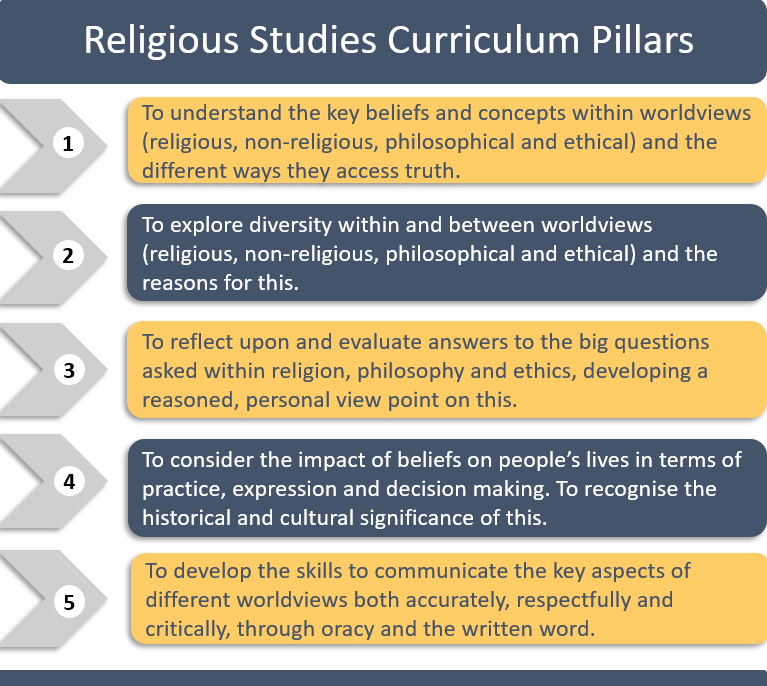
These pillars demonstrate the explicit purpose of studying the subject, including key content and skills which develop throughout each year. The pillars are referred to in every lesson, enabling students to link new learning to what they already know and can do. In the table below, you will see the titles of each unit with some of the religion and worldview emphasis in bracket.
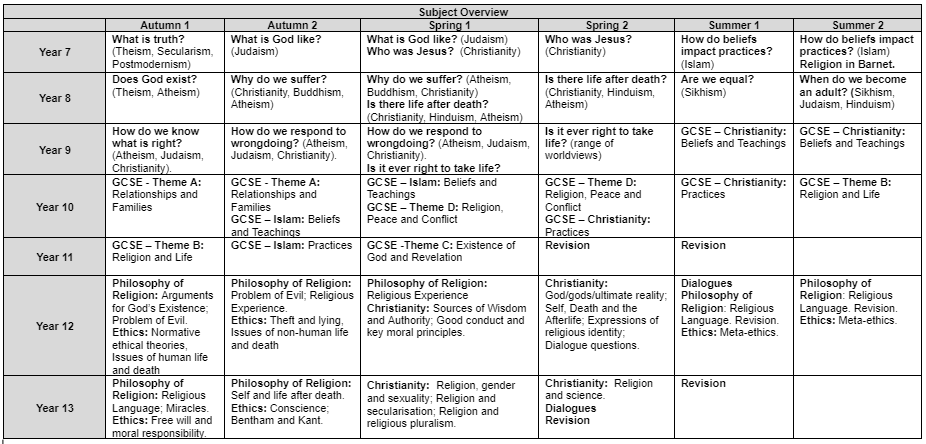
Extra-curricular
The department runs a Philosophy Club every week for students in each Key Stage where philosophical questions are debated.
The Ashmolean Scholars Programme provides an enrichment focus for year 12 and 13 students, within which extra seminars, trips, peer support and online resources are also a feature.


